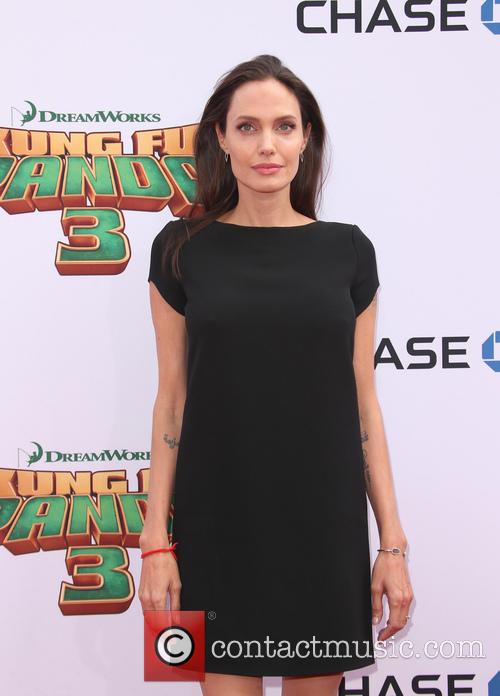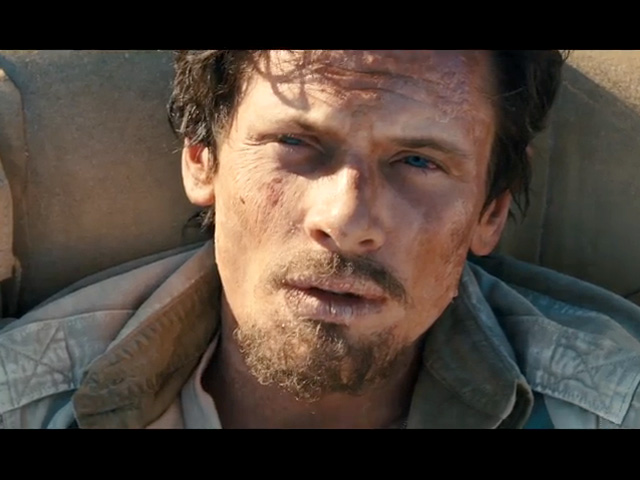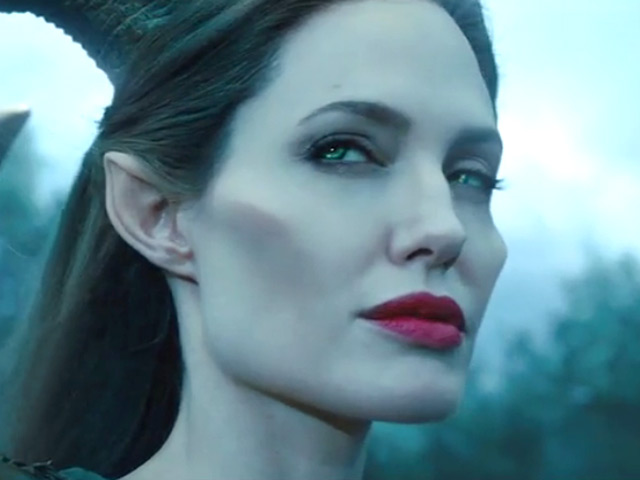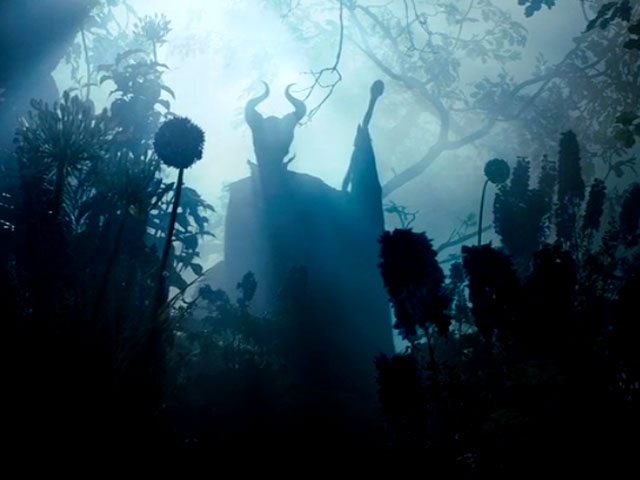Angelina Jolie Takes On A New Role As Professor At The London School Of Economics
By Holly Williams in Lifestyle / Showbiz on 14 March 2017
Her work with the Preventing Sexual Violence Initiative continues at university.
Angelina Jolie proves once and for all that she is much more than just a regular Hollywood actress by turning to one of her most influential roles yet; professor at London School of Economics. She gave her first lecture this week at the Centre for Women, Peace and Security.
 Angelina Jolie lectures at the London School of Economics
Angelina Jolie lectures at the London School of Economics
The 41-year-old was a guest lecturer at the LSE for the first time today (March 14th 2017), ahead the 12-month master's course that she will teach this coming September. Her lecture largely focused on the treatment of women in refugee camps, and the vulnerabilities that they faced.
'I'm a little nervous, feeling butterflies', she confessed to the Evening Standard ahead of her lecture. 'I hope I do well. This is very important to me.'
Since 2001, Angelina Jolie has been involved in numerous field missions across the globe with the United Nations High Commissioner for Refugees as a UNHCR Goodwill Ambassador. She has visited some of the most war-torn locations on the planet, donated millions to various projects to help with their aid work and even obtained a pilot license so that she could bring food and supplies to those who need it. Her efforts eventually saw her promoted to Special Envoy to High Commissioner António Guterres in 2012.
Her work has taken her to the likes of Cambodia, Sierra Leone, Tanzania, Afghanistan, Syria, Sudan, Ecuador, Colombia, Kenya, Namibia, Ethiopia and many more, where she has done work with war refugees, orphans in countries of poverty, wildlife conservation, children's education and women's rights in regard to sexual violence in conflict zones.
More: Angelina Jolie eats tarantulas in Cambodia
It's the latter that she is best known for in the UK. She previously collaborated with the UK's Foreign Secretary William Hague on her campaign Preventing Sexual Violence Initiative (PSVI), and it was following this project that she was appointed as a visiting professor for the London School of Economics last year. She will be contributing to a postgraduate degree course for the Centre on Women, Peace and Security which she launched at the university in 2015.
'When this kind of violence and abuse happens in peacetime, we are absolutely clear it is a crime that deserves to be punished by law', she told People. 'But when it happens in the middle of a conflict, on a mass scale, with such brutal violence, it is treated as something impossible to prevent or somehow justified by the climate of war.'
Contactmusic
Movies and Trailers

Kung Fu Panda 3 Movie Review
This animated trilogy concludes on a very high note with this smart, involving and often...

By the Sea Movie Review
For their first on-screen partnership since Mr & Mrs Smith a decade ago, Brad Pitt...

Kung Fu Panda 3 Trailer
Po and The Furious Five return in Kung Fu Panda 3! Po might now be...

By The Sea - Gimme Shelter Featurette Trailer
Angelina Jolie and Brad Pitt talk about the unusual situation of playing a married couple...

By The Sea - Teaser Trailer
It's the 1970s and Roland and Vanessa are an outwardly respectable married couple, struggling to...

Kung-Fu Panda 3 - Teaser Trailer
Po the giant panda may be ever increasing his prowess at kung-fu, but he still...

Unbroken Movie Review
With a true story that's almost hard to believe, this inspiring biographical drama is made...
Advertisement

Unbroken Trailer
Louis Zamperini (Jack O'Connell) is a rebel. His constant fights and reckless behaviour cause more...

Unbroken Trailer
Louis Zamperini has learned to fight tooth and nail for what he believes in all...

Maleficent Movie Review
Disney rewrites its own history again with this revisionist version of its 1959 classic Sleeping...

Maleficent Trailer
'Maleficent' stars Angelina Jolie and Elle Fanning talk about the upcoming fairytale movie alongside screenwriter...

Maleficent Trailer
Maleficent is a cruel sorceress who will stop at nothing to destroy those who have...

Unbroken Trailer
Louis Zamperini may have been a wayward child, constantly getting into trouble with the local...

Maleficent - Teaser Trailer Trailer
Maleficent is a merciless sorceress who dubs herself the 'Mistress of All Evil'. But she...
Advertisement














